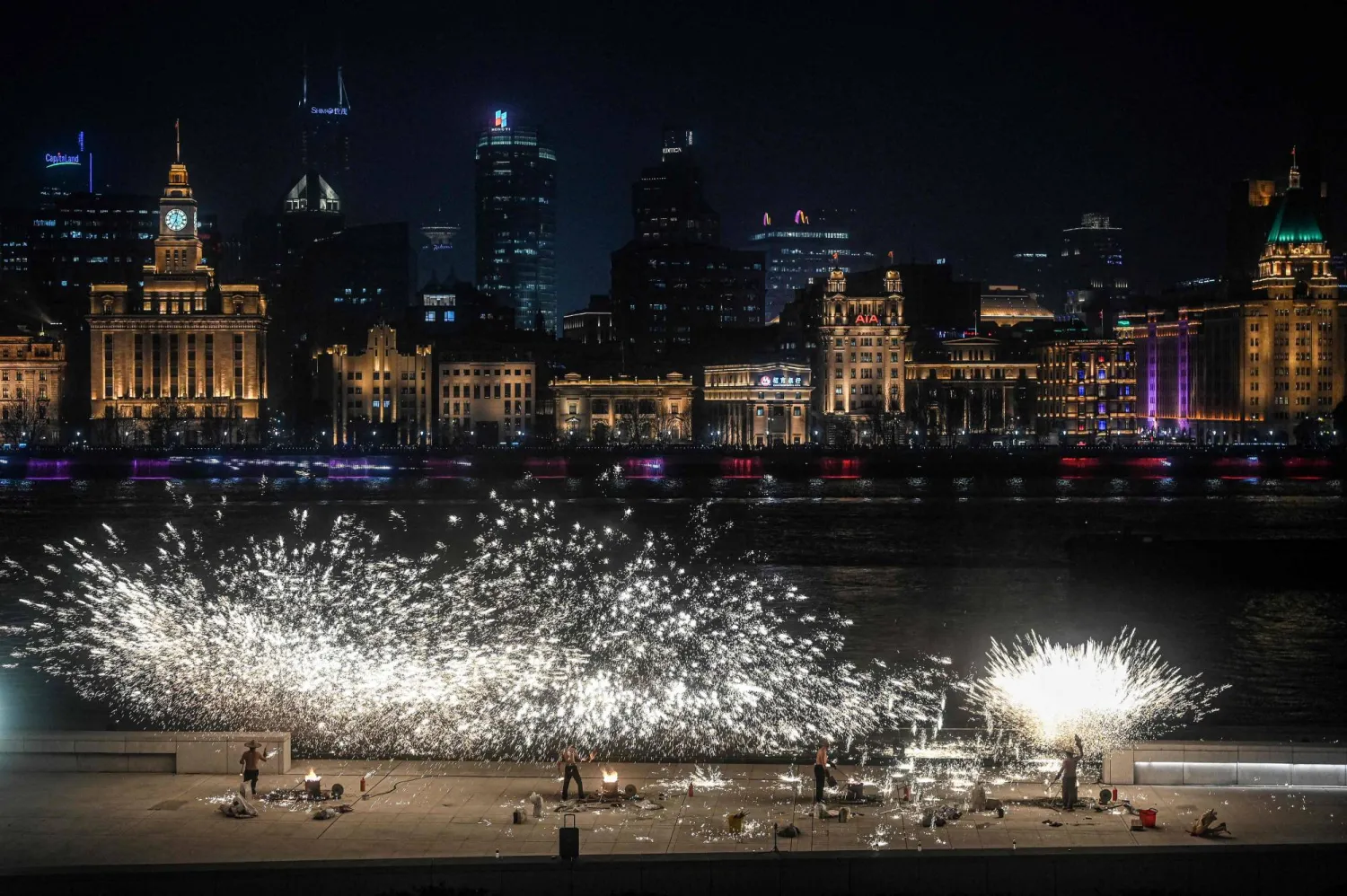The United Nations Educational, Scientific and Cultural Organization (UNESCO) has announced that the cities of Madinah, King Abdullah Economic City (KAEC), and Al-Ahsa in Saudi Arabia have joined the UNESCO Global Network of Learning Cities.
With the new announcement, Saudi Arabia now boasts five cities enlisted in the UNESCO GNLC, contributing to the goal of equipping globally competitive citizens in alignment with the sustainable development goals and Saudi Vision 2030.
The enlistment of these cities is the result of the collective efforts of the National Committee for Education, Culture, and Science, under the directives and support of the Minister of Culture, Prince Bader bin Abdullah bin Mohammed bin Farhan, and Education Minister Yousef bin Abdullah Al-Benyan, who is also the committee's deputy chairman.
Previously, Yanbu Industrial City was designated as a UNESCO Learning City in 2022, and Jubail Industrial City earned the Learning City status in 2020. Moreover, Jubail Industrial City received the UNESCO Learning City Award in 2021.
These recognitions serve as a testament to the quality of education in the Kingdom and its commitment to lifelong learning for all, as well as the implementation of policies that promote comprehensive and sustainable development.
The National Committee for Education, Culture, and Science aims to further increase the number of Learning Cities within the network.
Launched in 2012, the UNESCO GNLC aims to support and improve lifelong learning practices in cities worldwide. This is achieved by fostering dialogue on education policies, establishing connections between cities and various educational institutions, and enhancing partnerships between cities at local and international levels.
Learning Cities leverage their resources across all sectors to promote comprehensive learning for all, from primary education to higher education. They also stimulate learning within families and local communities, facilitate learning for work, and expand the use of modern educational tools to foster a culture of lifelong learning.
These efforts enhance individuals' capabilities, social cohesion, and the economic and cultural growth of communities, ultimately contributing to the achievement of sustainable development goals. Additionally, these initiatives aim to expand the use of modern learning technologies and enhance the quality and excellence of education, recognizing them as key components in spreading a culture of lifelong learning.









